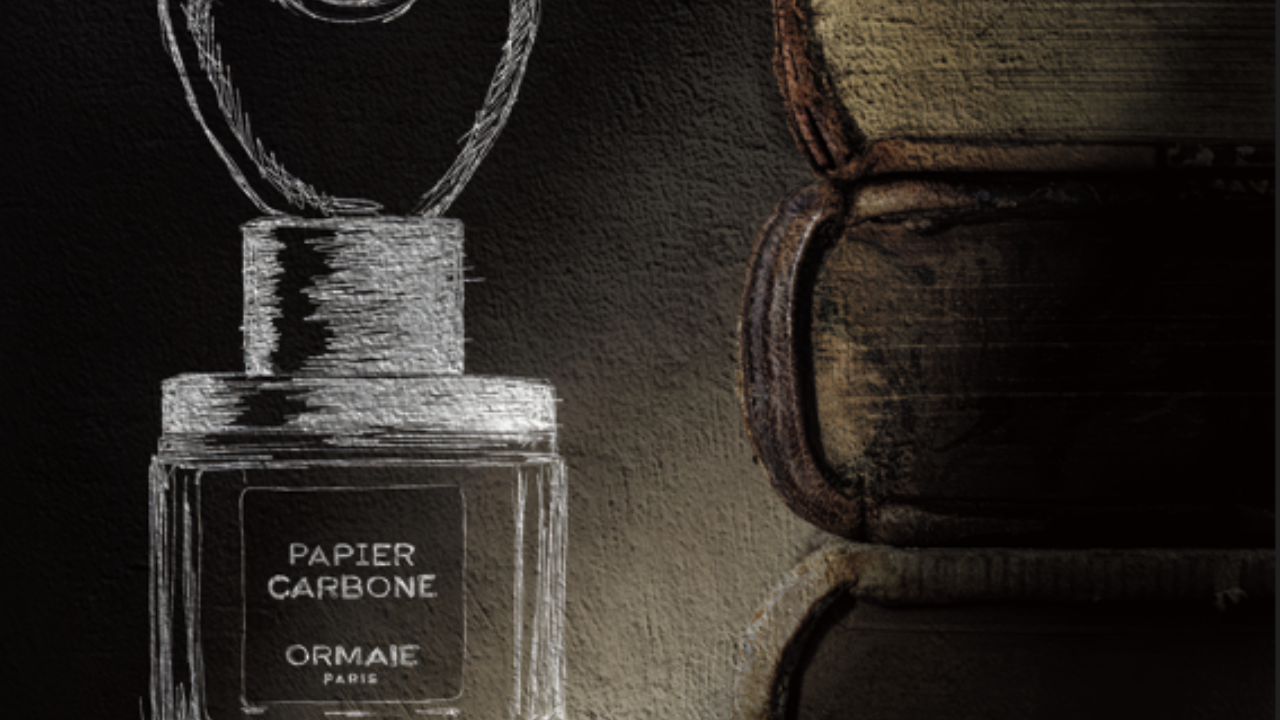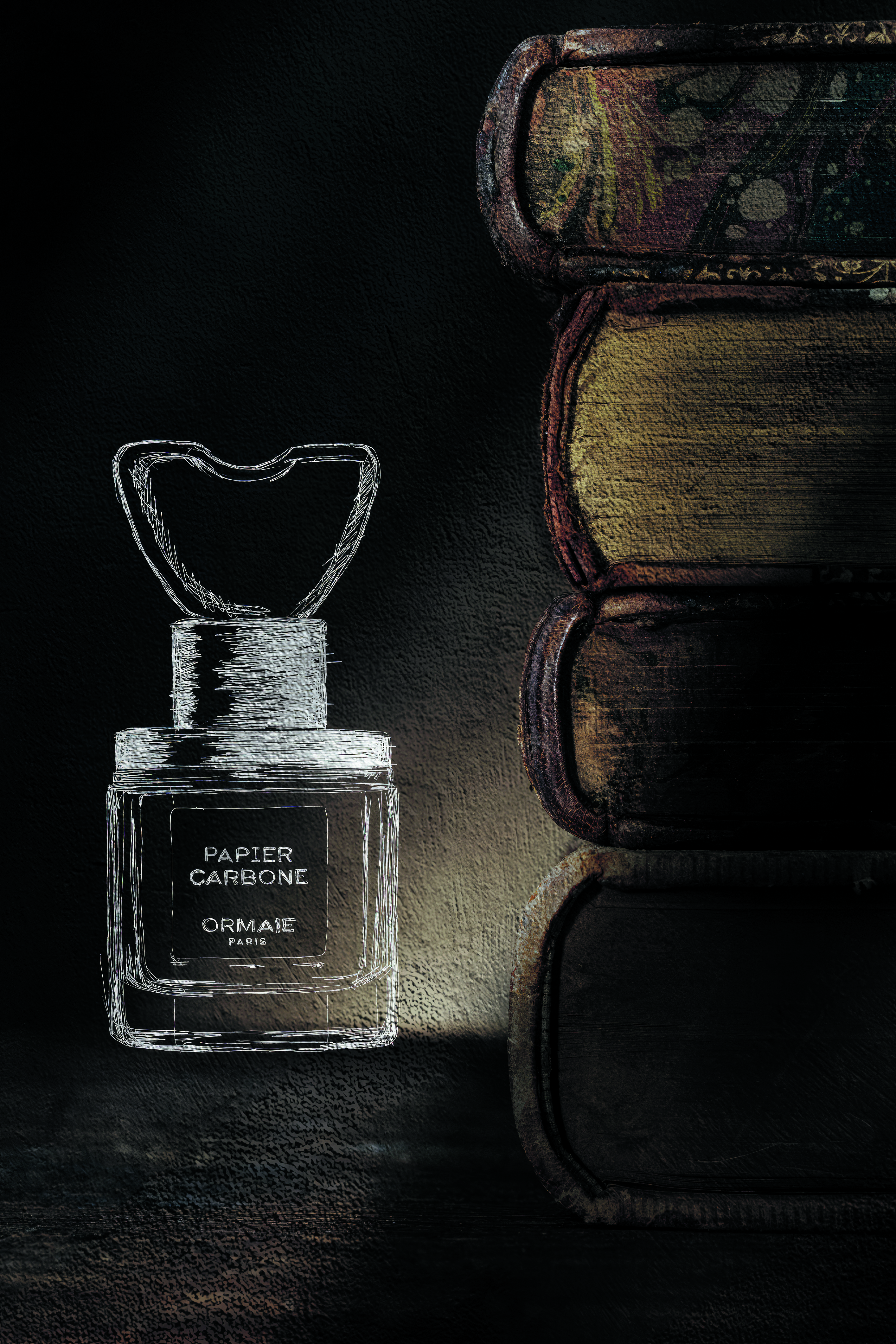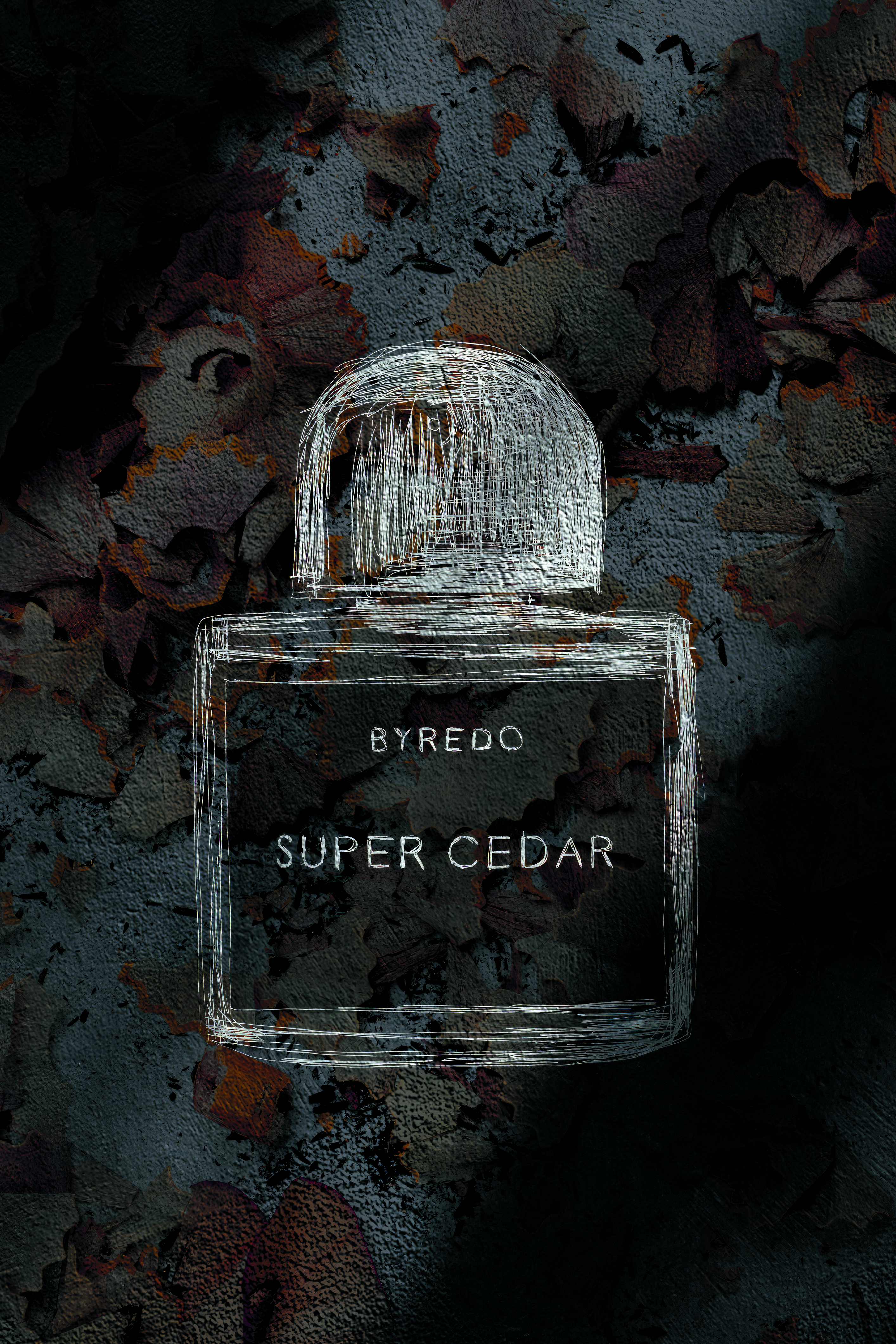WORDS BY Mariela Summerhays

We are, perhaps, the last generation to know the intimacy of lead pencil on paper. If you closed your eyes now, could you not recall it? The sound of dozens of scribbling tips pressed into pads of paper, before you got older and pencils were swapped out for pens laden with inks of red and blue. No doubt if you tried, you’d smell that distinct wood and metallic scent of pencil shavings wafting to your nose, just as you did when you were a child, those many years ago.
The ability to recall the scents of childhood so vividly has much to do with the ways scent memory is formed, especially during the years of our youth.“We know from neurophysiology that our early experiences are coded in very robust ways. This is partly due to the fact that we begin pairing our limited number of neurons early in our life,” explains psychotherapist, Mitchell Smolkins. “So for instance, our mother-tongue — if we end up moving and learning new languages as adults — is much more strongly encoded in our bodies.” More so than even language, specific scents remain vividly with us long after we first encounter them. Of the five senses, only smell has a direct link to our limbic system — the part of our brain responsible for emotions and our memory — bypassing other pathways necessary for sight, touch, taste and hearing. “The sensation of being able to remember and to go back can be very pleasurable,” he continues. “In a sense, it can be like a compass, where it returns you to something deeply familiar.”
We are, more and more, hoping to return to the deeply familiar through scent. The pandemic disrupted life in a most violent way, and we are all so much older now than our biological years convey. In a recent consumer study conducted by fragrance industry experts, NPD, it was found that three out of four believe that fragrance helps lift and enhance moods, or bring back memories of happy times, places and experiences; and nearly one-third of consumers have increased their purchase of fragrances and perfumes for themselves. This consumer behaviour is most significant among millennials. It is not for nothing that there has been a resurgence in popularity of the perfumes that were prevalent during the early Noughties when this demographic was reaching adolescence, namely vanilla-based or saccharine, fruit-spiked fragrances.
These transportative effects of fragrances, paired with the latest research conducted by MarketWatch that found the global luxury niche perfume market generated just shy of USD 2950 million last year, and is expected to see a compound annual growth rate of over 15% in the next five, has created a new fragrance sector – consisting of perfumes imbued with deeply personal memories from the noses that create them. “If perfumes are liquid emotion, childhood memories are a well of inspiration,” comments Clayton Ilolahia, perfume evaluator from Fragrances of the World. “Perfume, in particular niche perfume, is about authentic storytelling. Naturally, many creators have perfumes directly inspired by personal childhood stories, stories we can all relate to since so many of us have shared experiences from this time in life.” Perfumes and stories like Swedish fragrance house Byredo’s Super Cedar, reminiscent of the scent of pencil shavings; like ORMAIE’s Papier Carborne, formulated to conjure co-founder Baptiste Bouygues’ memory of the carbon paper his teachers wrote on during his childhood.

“When I was a child, I lived at my grandparents’ house in the French countryside. So, I went to the same school as my mother. And the school had not changed,” Bouygues says. He continues: “The tables were the same, the library was the same, we even had teachers who were the same. Papier Carborne is about that school, the wooden tables, the ink, the paper… I used to love liquorice as a child. That is why there is a touch of liquorice in the fragrance.” It is, to this writer, exactly as he describes, the perfume immediately recalling upon first spray an open paper bag of black licorice, devoured after school on special occasions.
Bouygues’ recollections of his childhood are specific to him, yet clearly resonate to many in a profound way. Since its launch in late 2018, ORMAIE sales have more than doubled every year, and Bouygues shares that purchases are quite evenly distributed across the fragrances. It’s as if clients find the perfume that corresponds to them and their story, then remain loyal and return to buy what has to become quite personal to them. “I think the beauty of a creative process is that if you are very honest and talk about something very personal, it will become universal,” he muses. “My favourite movies, paintings and books are always the ones where someone is talking about something personal and honest, and that is where I find similarities that make me feel something.”
As Papier Carborne settles, one is transported to that corner of the school library where the dust lays to rest on spines; that most comforting and safe of spaces conveyed here as a blend of patchouli, haitian vetiver, ambrette and guaiac. “I loved school when I was a kid. The French countryside is a very peaceful place,” he reflects. “I like to go back there to rest for a few days.” We are, all of us, just trying to go home. All just trying to find rest.
“The theme of wanting to return home is as ubiquitous as it is profound,” Smolkins says. For most of us, that time before we were initiated into the world is known by the presence — or absence — of our parents, and their stewardship of the direction of our lives. Before we made choices that sent us down paths that were decidedly not others. Before we had to choose which green fig to pick off the branch and devour, otherwise they would all rot and drop to our feet. “The metaphor doesn’t really mean a literal childhood, but the promise of things to come. A time before one was initiated into the world.”

Serge Lutens’ fragrances are plainly attempts at honouring his beloved late mother. L’orpheline, meaning ‘orphan’ in the French feminine form — and a veiled reference to Orpheus, that mythical Greek character that attempts in vain to bring his beloved back from the Underworld — is an incense-dominated scent, calling to mind something that is cast over solemn worshippers, heads bowed before an altar or casket. Byredo’s now-discontinued Green was a sage, orange and musk blend that reminded founder Ben Gorham of the way his father smelled, who left when he was only six or seven years old.
For Bouygues, the absent parental figure to whom he pays homage is his late father. “My father used to wear a beautiful lavender fragrance. I have always worn lavender scents and I wanted a unique lavender for ORMAIE,” he shares. Le Passant — meaning ‘the men passing by’ — is described as ‘a delicate masculinity’, and opens with that lavender which most reminds Bouygues of his father, but then gives way to a comforting, nostalgic vanilla. It is in this way that Le Passant inspires a similarity of feeling in another on the other side of the world, whose father smells nothing of lavender, but instead of warm bread. What scent, if not vanilla, recalls the innocence of childhood?
“It took us a long time to develop this fragrance and we almost did not launch it. I was not happy with the scent, and it was not exactly what I remembered from my father.” In the end, it was Bouygues’ mother, Marie-Lise Jonak, with whom he co-founded ORMAIE and shares an intimate portrait of his father, who contributed the missing note. “My mother reminded me, at the end of the process, that he always had Armenian paper in his pockets. A kind of paper that is burned almost like incense,” he explains. “Armenian paper is full of benzoin and by adding just a touch of benzoin, I was able to recapture its smell.”
Though tempting, it is, however, necessary in our reminiscence to not linger too long. “We will never get rid of the anxiety that exists as a result of our desires, and the realisation that, ultimately, trying to fulfil them does not satisfy us completely,” Smolkin says. After all, the most widely recognised depiction of the loss of a childhood place may be the expulsion of Adam and Eve from the Garden of Eden, he says; the idea of returning that permeates our desires, but always comes up short as we cannot really return. “I could imagine pathologically trying to revisit childhood as a way to disconnect from the present. This may be soothing, but certainly could affect relationships and one’s ability to process one’s present day reality.” So instead, we decorate our shelves with bottled innocence. Instead, we buy our sons and daughters boxes of pencils for sketching and scribbling in their personal time; so that one day they can cherish, as we do, the memory of a wood-and-metallic scent when everything was still new.









